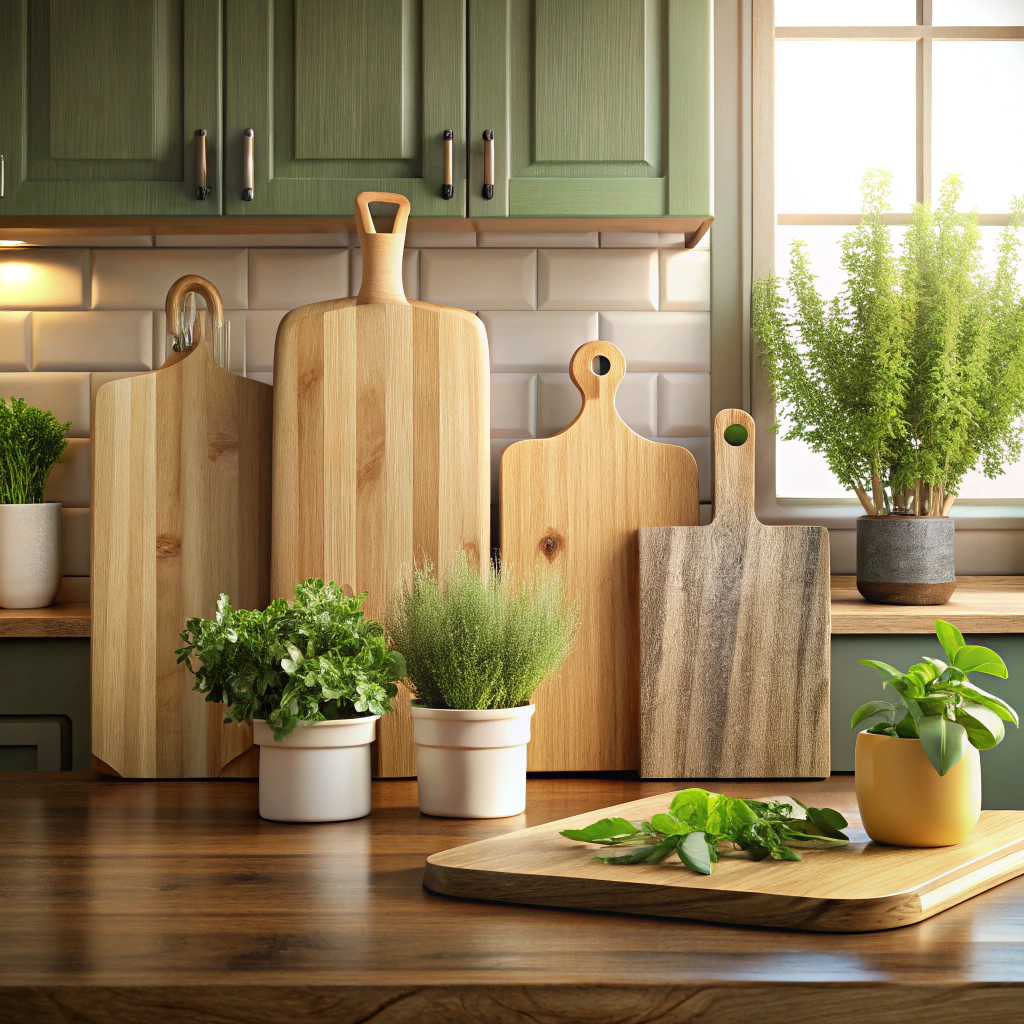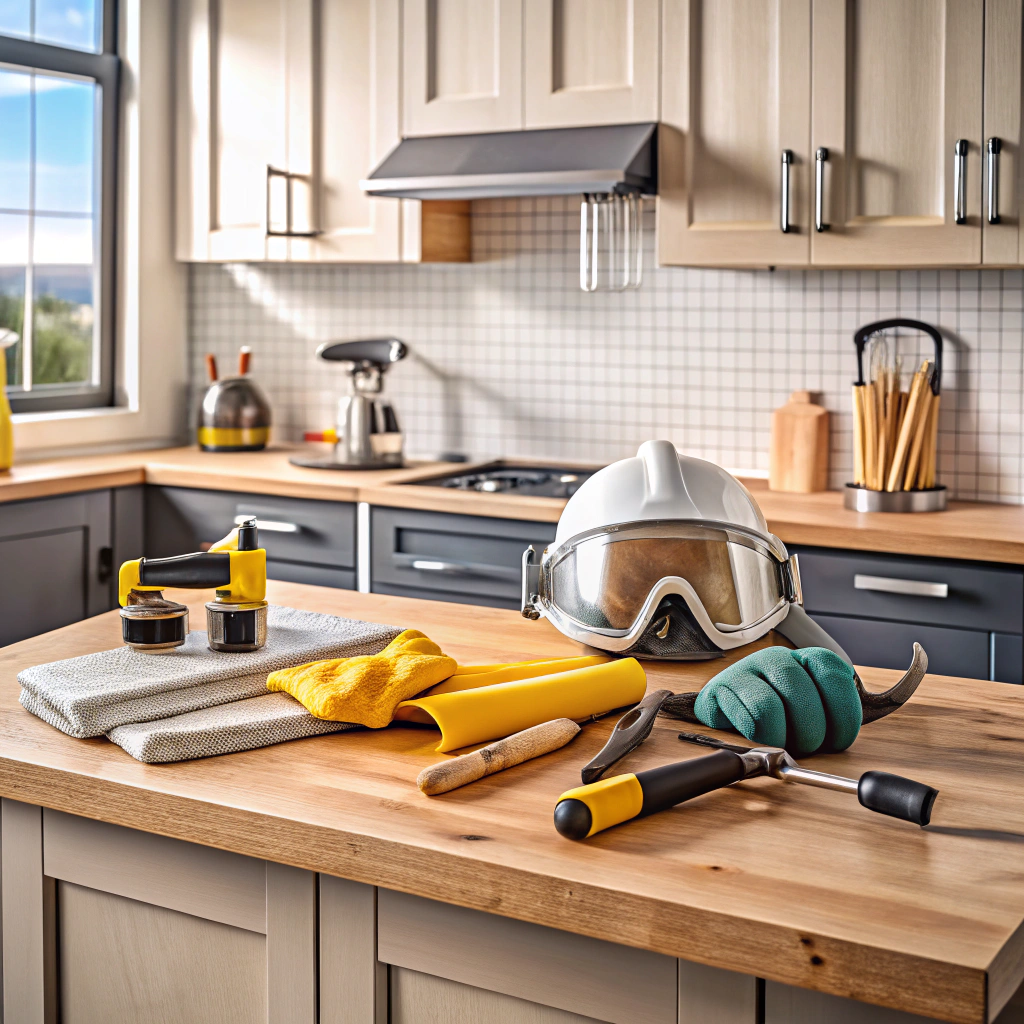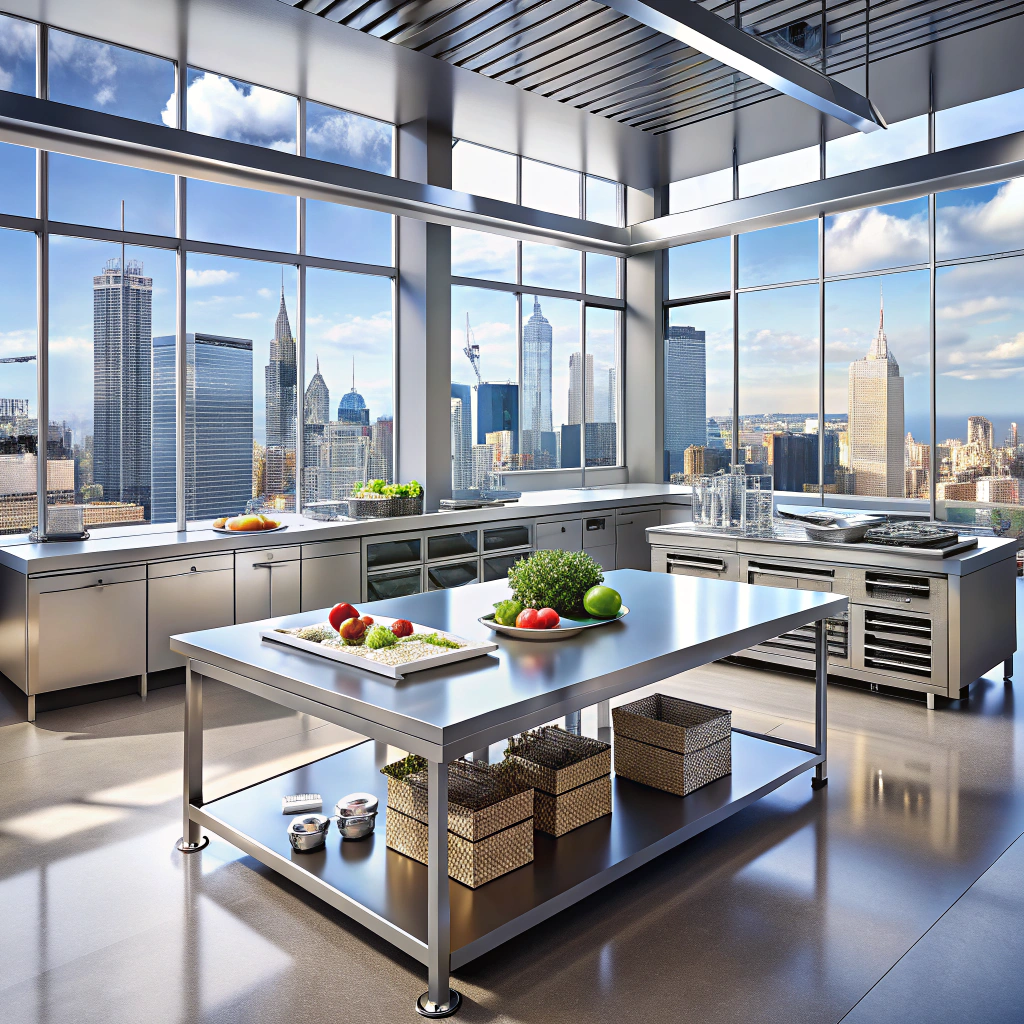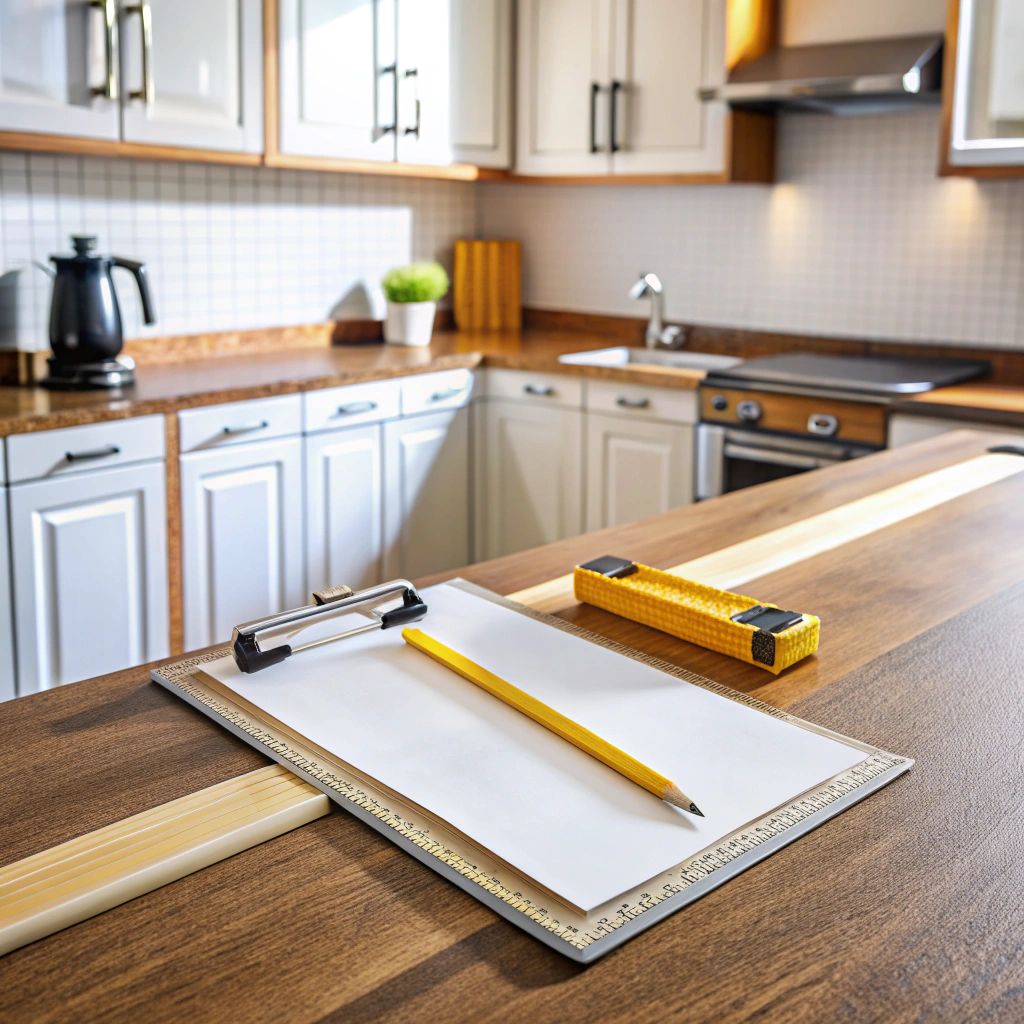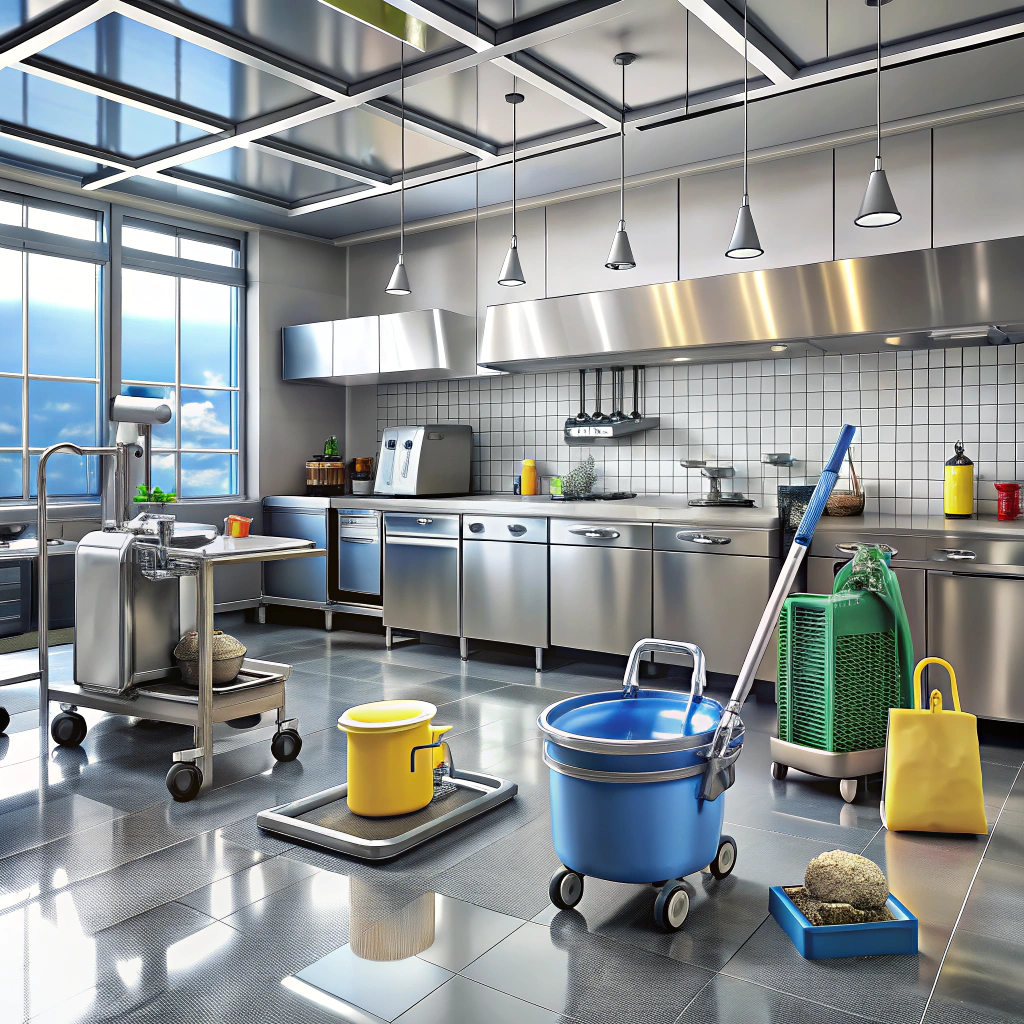Last updated on
Let’s explore the differences between quartz and granite countertops to help you make an informed decision when choosing your kitchen’s centerpiece.
Countertops not only serve as a functional workspace but also add to the overall aesthetic of your kitchen. And when it comes to choosing between quartz and granite countertops, it can be a tough decision.
That’s why I decided to write this article – to help you make an informed decision based on your lifestyle and needs. So sit back, grab a cup of coffee, and let’s dive into the world of quartz vs. Granite countertops.
The takeaway:
- Quartz countertops are durable, hygienic, and come in many colors, but are not heat-resistant.
- Granite countertops offer a unique, heat-resistant surface but require regular sealing to prevent stains.
- Granite has natural color variations, while quartz’s colors and patterns are engineered.
- Both quartz and granite are strong and resilient, but granite needs periodic resealing while quartz requires only regular cleaning.
- Quartz and granite have similar costs, but specific styles and edging treatments can affect the final price.
Key takeaways:
- Quartz countertops: durable, hygienic, but not heat-resistant.
- Granite countertops: unique, heat-resistant, but require regular sealing.
- Quartz colors/patterns engineered; granite has natural variations.
- Both strong, granite needs resealing, quartz needs regular cleaning.
- Quartz and granite have similar costs, customization affects price.
What's Inside
Quartz Countertops Overview
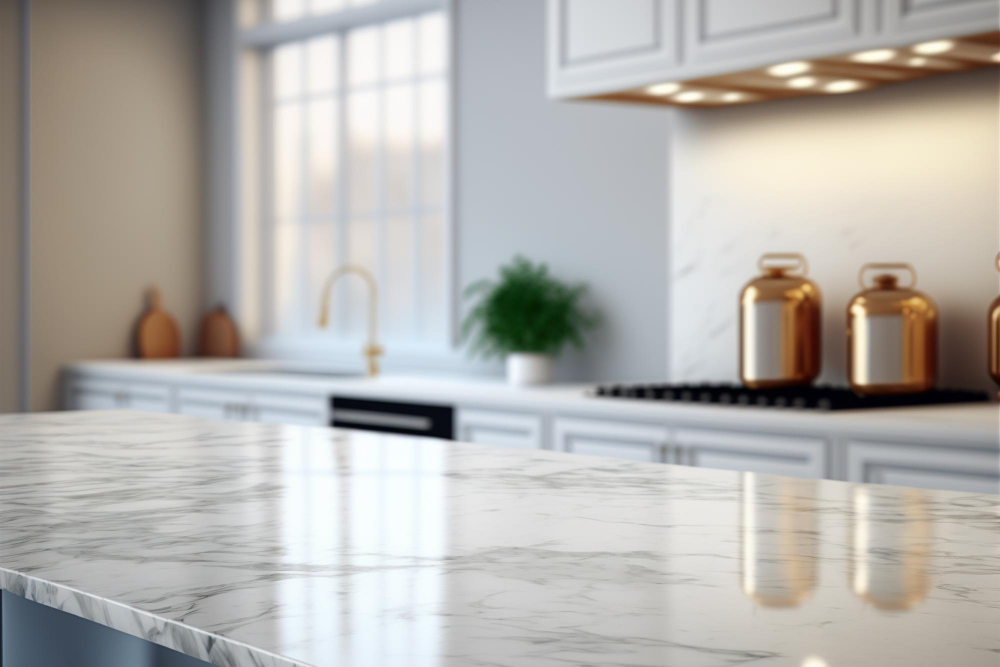
Quartz countertops are popular among homeowners due to their durability and low maintenance. Unlike natural stone, quartz is an engineered material made from ground-up quartz particles mixed with resin and pigments.
This process allows for a wide range of colors and patterns that mimic the look of natural stone without the upkeep. One thing to keep in mind when considering quartz countertops is that they are not heat resistant like granite or other natural stones.
Placing hot pots or pans directly on the surface can cause damage, so it’s important to use trivets or hot pads. Another advantage of choosing quartz over granite is its non-porous nature which makes it more hygienic as bacteria cannot penetrate into its surface pores making cleaning easier than other materials such as marble which requires sealing every few years.
In terms of cost, while initially more expensive than some options such as laminate counters, Quartz offers long-term value because they last longer without needing replacement compared to cheaper alternatives.
Granite Countertops Overview
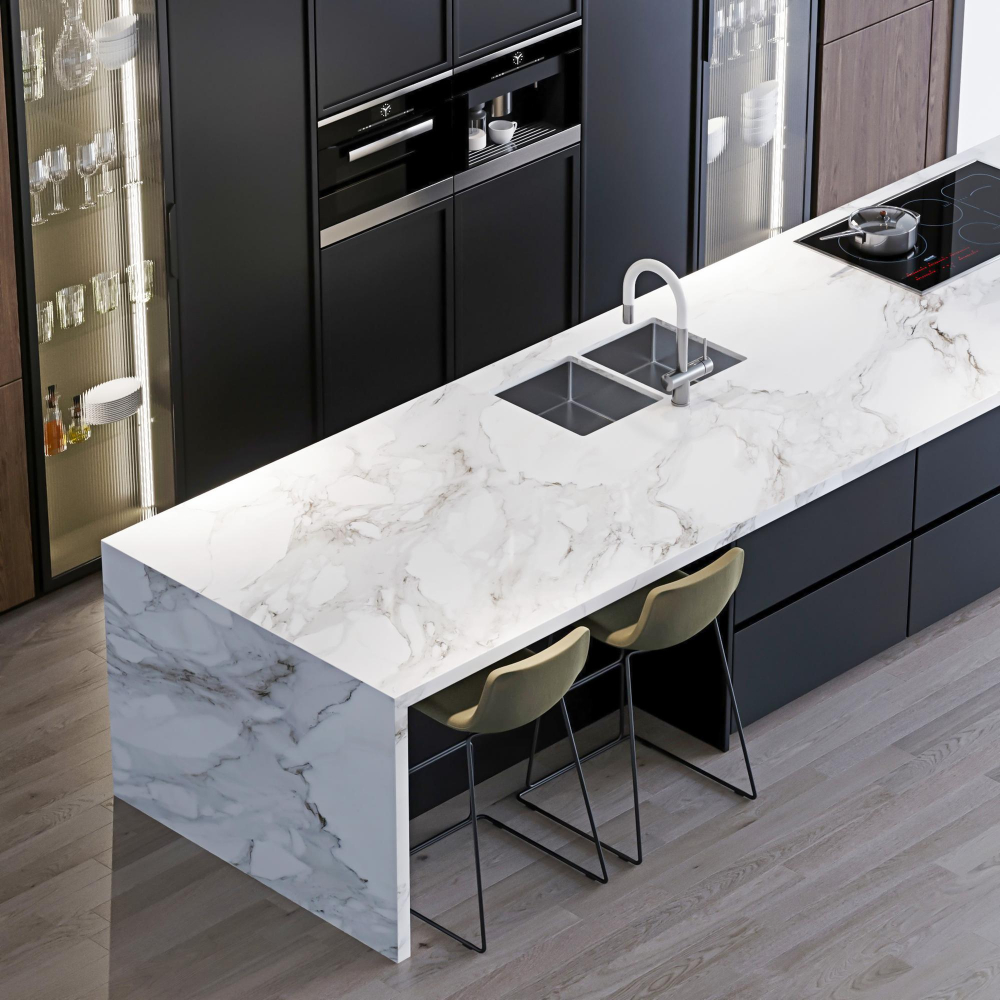
Granite countertops have been a popular choice for homeowners for many years. They are made from natural stone and offer a unique, one-of-a-kind look that any other material cannot replicate.
Granite is formed deep within the earth’s crust over millions of years, which gives it its distinctive appearance.
Granite comes in a wide range of colors and patterns, making it easy to find one that matches your kitchen decor. It is also heat-resistant and can withstand high temperatures without being damaged or discolored.
One thing to keep in mind when choosing granite countertops is that they require regular maintenance to keep them looking their best. Granite must be sealed periodically (usually once yearly) to prevent stains from seeping into the porous surface.
If you’re looking for a durable countertop with natural beauty and unique character, granite may be the right choice for you!
Composition and Appearance
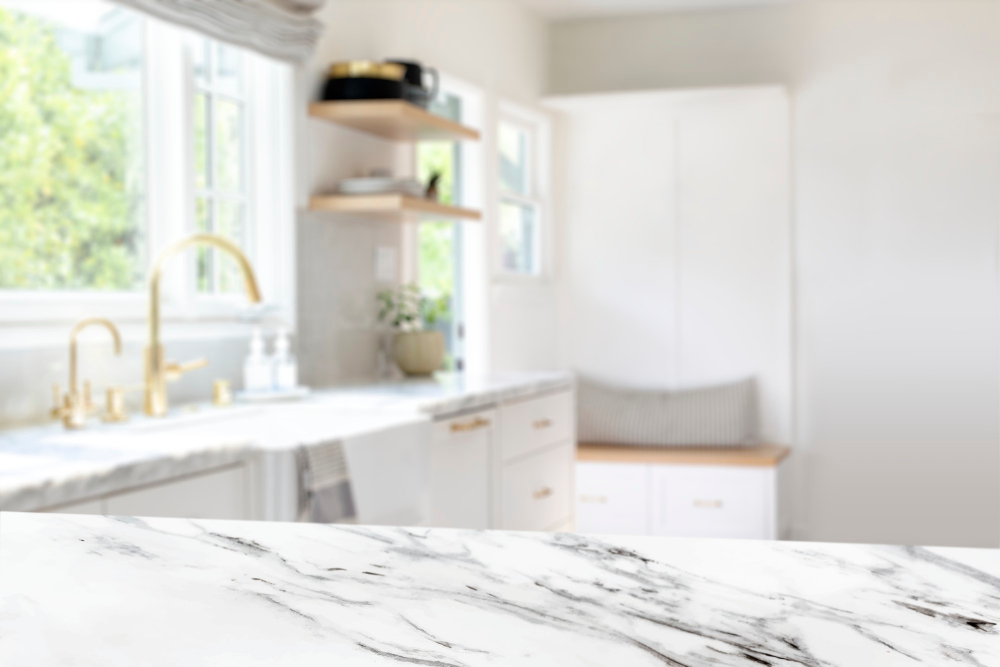
There are some key differences in the composition and appearance of quartz and granite countertops. Granite is a natural stone that is quarried from the earth in large blocks.
It’s composed mainly of feldspar, mica, and quartz minerals which give it its unique speckled appearance. On the other hand, quartz countertops are engineered using crushed quartz mixed with resin binders to create a solid surface.
In terms of appearance, granite has a more natural look with variations in color and pattern due to its organic formation process. Quartz can be manufactured in various colors and patterns since it’s an engineered product.
When choosing between these two options for your kitchen countertop design scheme consider what you want your space to convey aesthetically as well as how much maintenance you’re willing or able to do over time – both materials have their pros & cons!
Durability and Maintenance

Both quartz and granite countertops are known for their strength and resilience. Granite is a natural stone that can withstand heat, scratches, and stains with proper care.
However, it requires regular sealing to prevent damage from acidic substances like lemon juice or vinegar.
On the other hand, quartz is engineered using a combination of natural materials and resins that make it highly resistant to scratches and stains without requiring any sealing. It’s also non-porous which means bacteria won’t seep into the surface making cleaning easier.
In terms of maintenance, both types of countertops require minimal upkeep but have different requirements based on their composition. While granite needs periodic resealing every few years depending on usage patterns; quartz doesn’t need any special treatment except for regular cleaning with mild soap or detergent.
Ultimately your choice between these two countertop options will depend on your lifestyle preferences as well as budget constraints since they differ in cost too!
Cost Comparison

The cost of both quartz and granite countertops is quite similar, making them both premium, high-dollar countertop materials. Granite countertops typically cost between $80 to $175 per square foot, installed.
The final price can vary depending on the style chosen and the type of edging treatments requested. Quartz countertops, on the other hand, range from about $80 to $140 per square foot, installed. As quartz has become more popular and more widely available, the costs of basic countertops have fallen, although unique designer styles and colors may command higher prices.
It’s essential to consider your budget when deciding which countertop material works best for you without compromising on quality or aesthetics, as well as considering long-term maintenance expenses too!
Environmental Impact

When it comes to choosing between quartz and granite countertops, environmental impact is an important factor to consider. Granite is a natural stone that requires mining from quarries, which can significantly impact the environment.
The process of extracting granite can lead to soil erosion, deforestation, and water pollution.
On the other hand, quartz countertops are made from engineered stone that consists of 93% crushed quartz and 7% resin binder. This means they require less energy in production than granite countertops since they don’t need as much processing or transportation.
Some manufacturers use recycled materials in their production processes for both types of countertop materials. So if you’re looking for an eco-friendly option for your kitchen renovation project – be sure to do your research before making any decisions!
Installation Process

Once you have made the decision between quartz and granite countertops, it’s time to move on to the installation process. Both materials require professional installation, so hire a reputable contractor with experience working with your chosen material.
The installation process for both quartz and granite countertops is similar. First, precise measurements of your kitchen counters are taken by the installer.
Then, templates are created based on those measurements that will serve as a guide during fabrication.
Next comes fabrication – this is where slabs of either quartz or granite are cut into specific shapes and sizes using specialized tools such as saws and polishers. Once fabricated, the countertop pieces are transported to your home for final fitting.
During final fitting, any necessary adjustments or cuts will be made before securing them in place with adhesive materials like epoxy resin or silicone caulk sealant around sinks or other fixtures.
While there may be slight differences in how each material is installed due to their unique properties (such as sealing requirements), both options offer a durable surface that can last for years when properly installed by an experienced professional.
